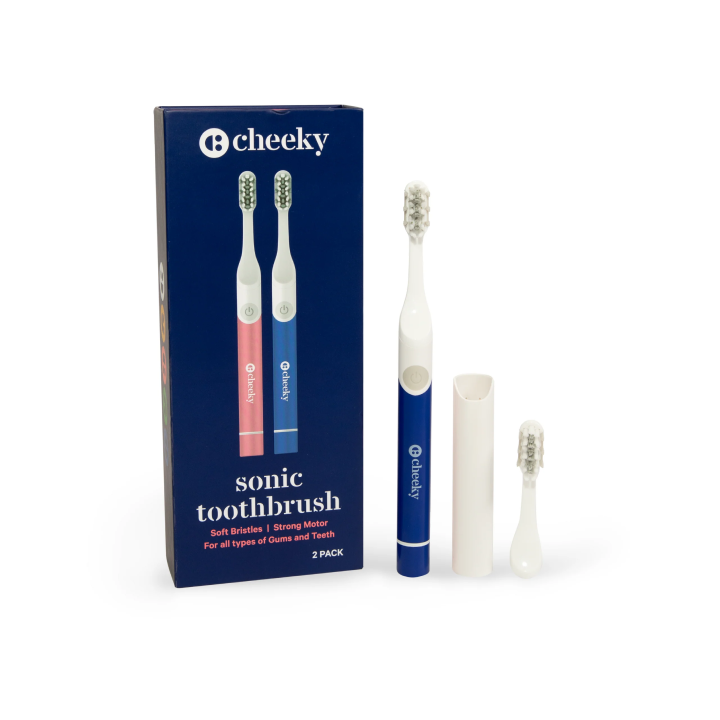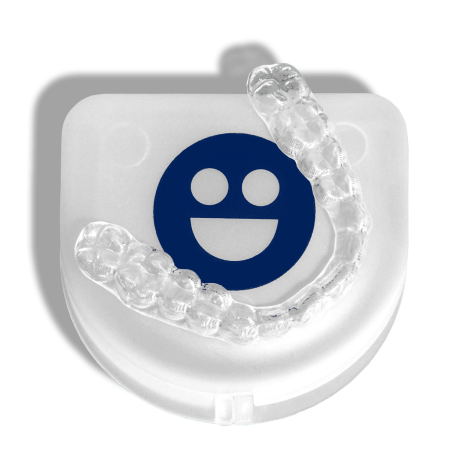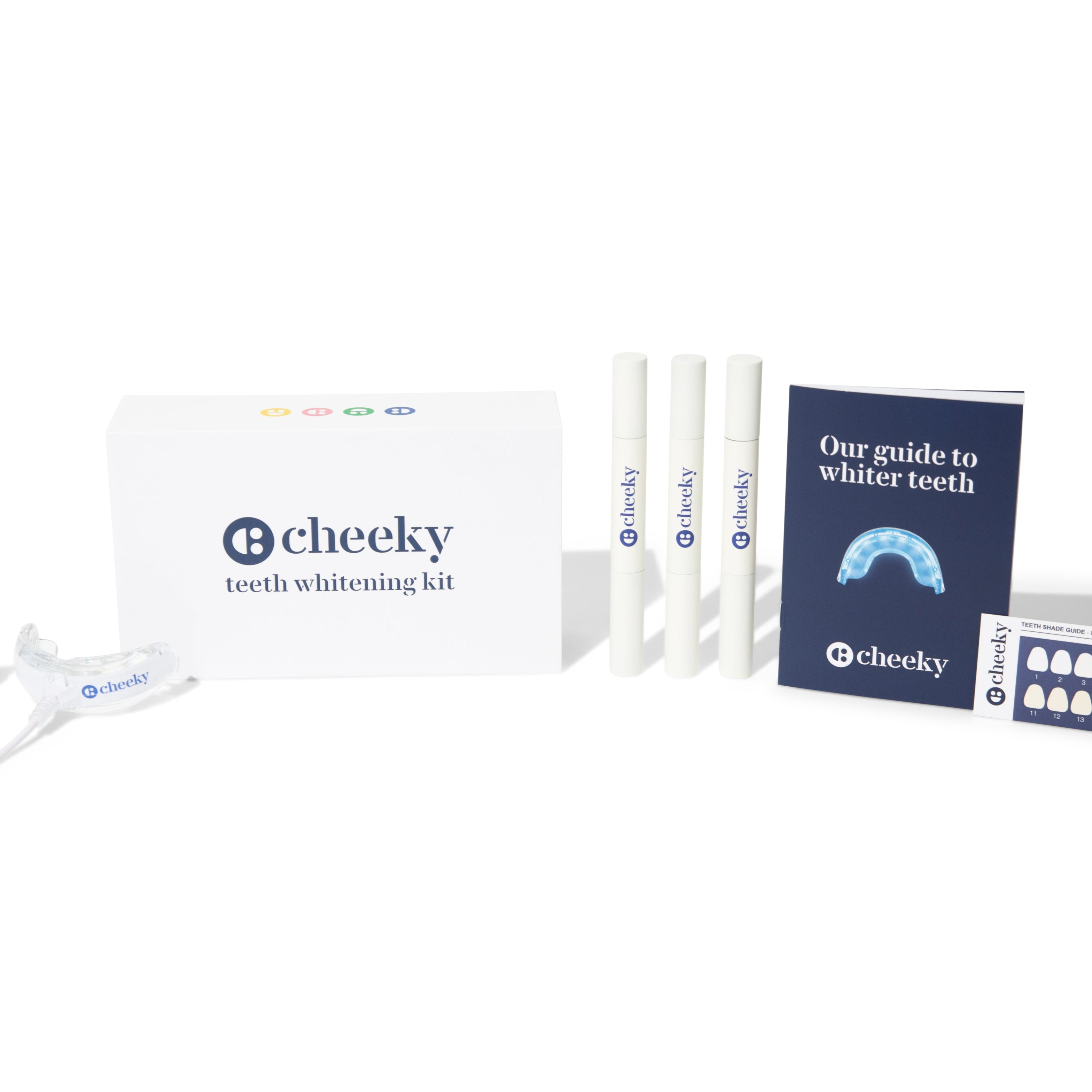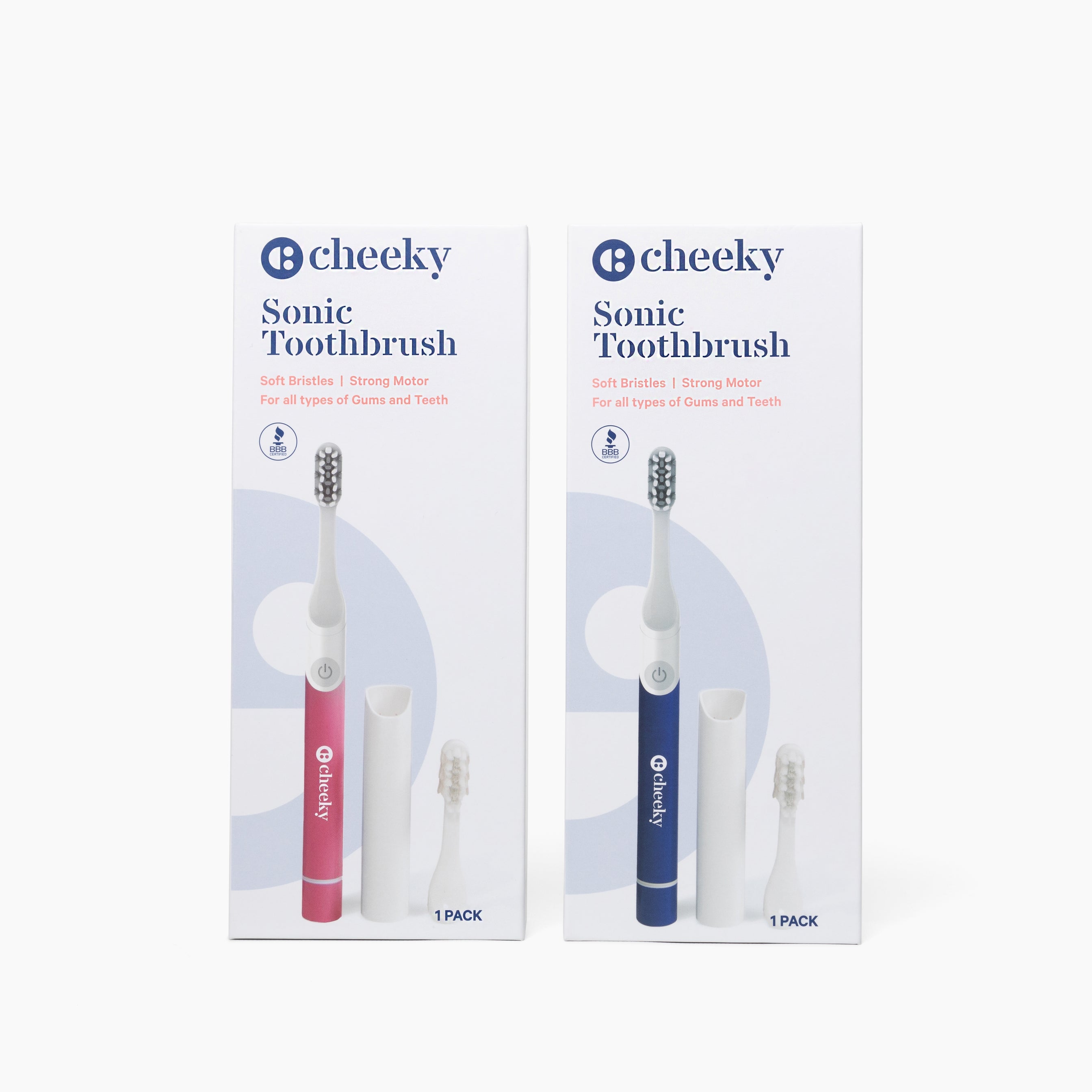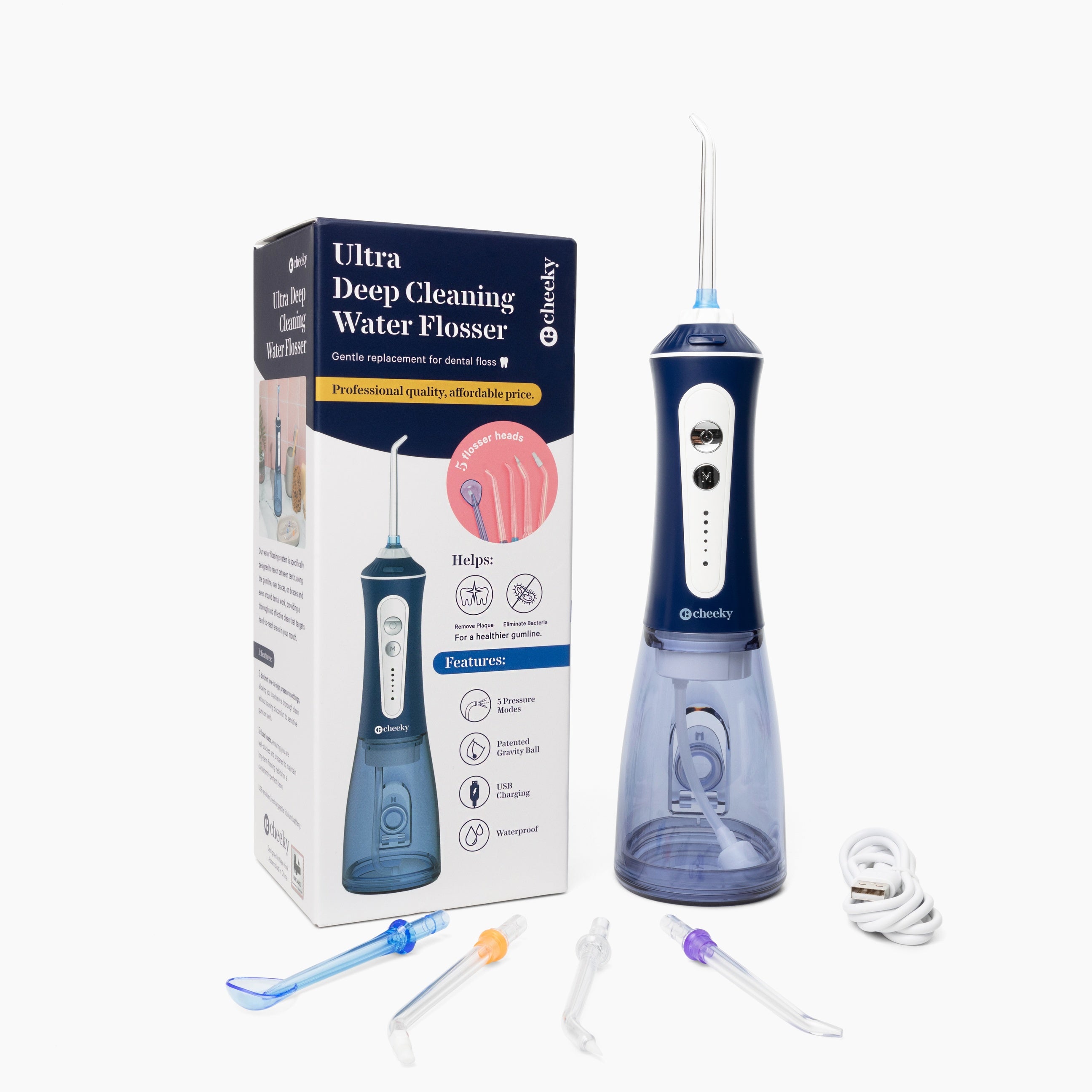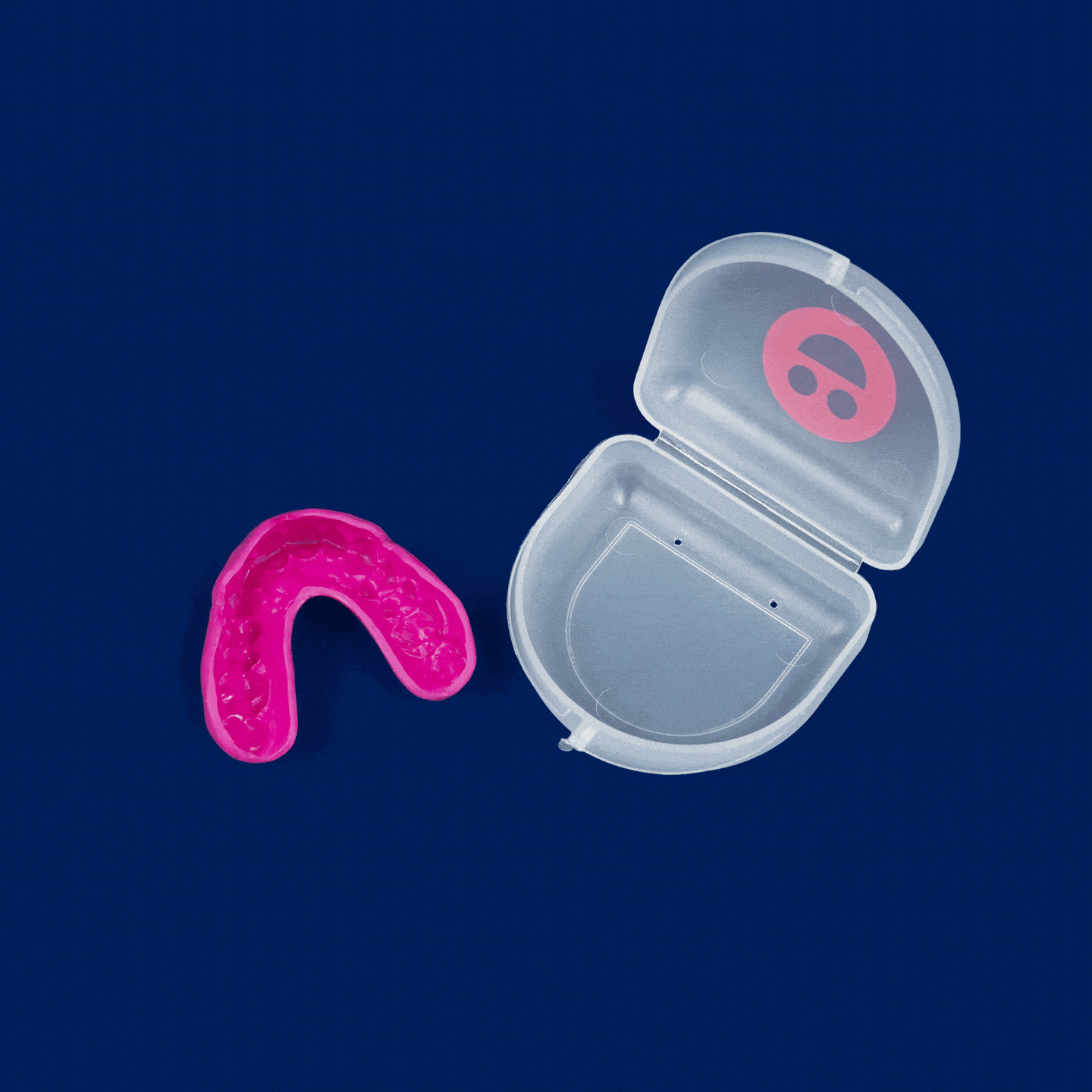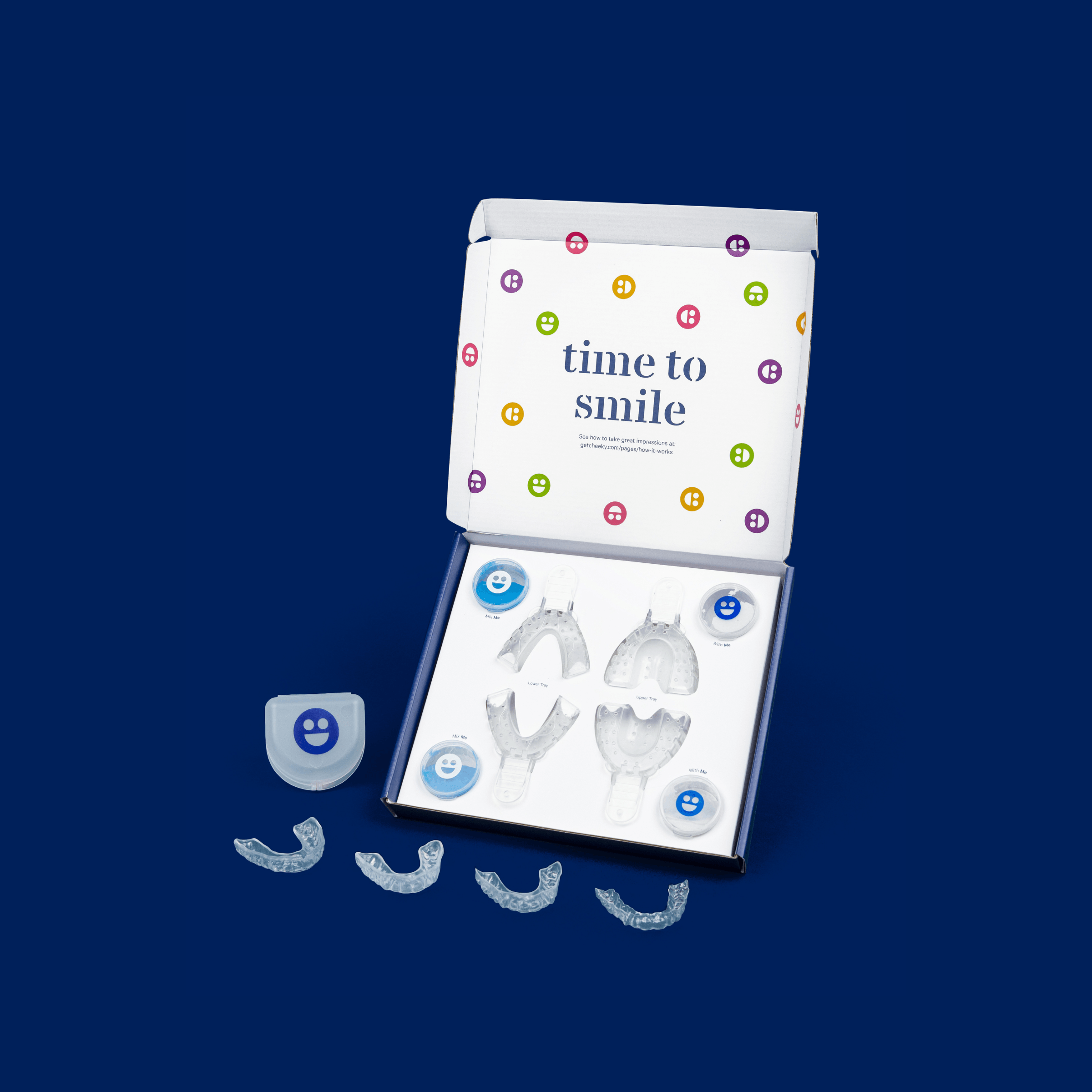It’s the understatement of the century to say that the last year has been stressful for everyone.
As we work towards the new normal, we’re beginning to address the various tolls the COVID-19 pandemic has taken on our bodies. If you find yourself coping with jaw or tooth pain, you’re not alone. According to research done by the American Dental Association, one in three people grind or clench their teeth at night, and 63% of dentists saw an increase in cracked teeth.
Dr. Tammy Chen, a prosthodontist who owns Central Park Dental Aesthetics in New York City, reported that she’s “seen more tooth fractures in the last six weeks than in the previous six years.” In an article written for the New York Times, she stated two potential causes for this increase.
- Working from home has led to poor posture from staying hunched in small spaces for long periods. Hunching over leads to a C-shape in the spine, and that hunching can lead to teeth grinding at night.
- We aren’t getting the restorative sleep we need because our fight or flight hormones aren’t going away. The overuse of our sympathetic nervous systems has led to insomnia, restlessness, and teeth grinding.
Most people aren’t even aware that they’re grinding their teeth. Pull your focus from this article to your teeth. Are they touching? Spoiler alert: they shouldn’t be. If you give some awareness to your teeth throughout the day and you find your teeth together more often than not, you may be clenching your jaw at night too.
A study published by the Journal of Clinical Medicine on October 12, 2020, claimed a 12% increase in orofacial pain from the beginning of the pandemic to the time of the study. Jaw clenching in the daytime jumped by 15%. Teeth grinding at night increased by a whopping 26%.
Bruxism
Bruxism is the official term for involuntarily grinding or gnashing your teeth at night. Bruxism can also cause you to tightly clench your jaw, putting an extreme amount of pressure on your teeth.
Bruxism can occur in the daytime, but when you’re conscious, you can relax your jaw. Bruxism is more dangerous at night because you aren’t aware of how much pressure you’re putting on your teeth.
So how do you prevent bruxing from escalating to a tooth fracture? Your dentist can check for signs of bruxism-related wear and tear, or your partner can tell you if they hear sounds associated with teeth grinding. If you find yourself clenching your jaw or grinding your teeth in the daytime, there’s a very high chance you’re doing it in your sleep as well.
Preventing Bruxism with A Custom Night Guard
A custom dental nightguard may be the thing you need to battle bruxism. Sure, mouthguards aren’t the sexiest things ever created, but I think we can all agree that a cracked tooth is less sexy than a mouthguard.
Dr. Chen recommends using a nightguard because it provides a “physical barrier, absorbing and distributing pressure.” Your mouthguard can provide a barrier between your upper and lower jaw as you sleep and relieve some of the tension you’re carrying there.
If you’ve had a dentist recommend a custom nightguard to ease your clenching, you’ve probably ended up clenching more as soon as they told you the price. And naturally, insurance doesn’t help with that cost either. Sometimes it’s a matter of staying on budget for the month, and we totally get that.
You can run to your local drugstore and pick up a generic nightguard. These usually come in a “one size fits most mouths” and solve light grinding problems. But if you suffer from chronic jaw tension, you’ll likely need a custom nightguard to ease your pain.
That’s where we come in.
Cheeky’s Custom Night Guard
We’ve made it our goal to provide chronic clenchers with an affordable mouthguard option. The Cheeky system is an easy three-step process:
- Use our impression kit to show us what your pearly whites look like
- Get your custom Cheeky nightguard and rock it every night while you sleep
- Experience less jaw pain and get a new mouthguard every three months
We include new mouthguards every three months as a part of our annual plan because we know how icky mouthguards can get. You can boil them, but still. Remember your post-braces retainer? Yeah. Let’s not talk about it.
We offer a selection of thickness and firmness to make sure your night guard fits your needs. You can also choose whether you want a mouthguard for your top or bottom teeth. For example, if you do still rock your post-braces retainer on your top row of teeth, you’ll probably want to go for a bottom row mouthguard.
Cheeky night guards are made through the same process and with the same materials as the ones made by your dentist. We can also proudly say that our guards are made with 100% FDA-approved material, machinery, and processes. Our mouthguards are entirely BPA, silicone, and latex-free—so you don’t have to worry about what you’re putting in your mouth.
Since we send you a new guard every 3 months, we can continuously adapt the mouthguard style. If you decide you want it to be softer, you need more of an arch, you don’t like the material, etc.; we can make sure you get a night guard you don’t mind wearing each night. It’s our goal to give you the perfect fit so you wake up refreshed and happy.
We want to help you make a long-term commitment to your teeth. In fact, The Sleep Foundation named Cheeky mouthguards the best long-term mouthguard.
If you’re asking the question of whether you need a custom night guard, chances are you do. But we understand that this is a serious financial commitment. If you need to, take some time to practice self-awareness with your jaw tension or ask someone close to you to monitor your habits. We aren’t going anywhere. If you have any questions, we’re more than happy to answer them.
If you’re ready to stop clenching and get Cheeky, check out our custom night guard options!


